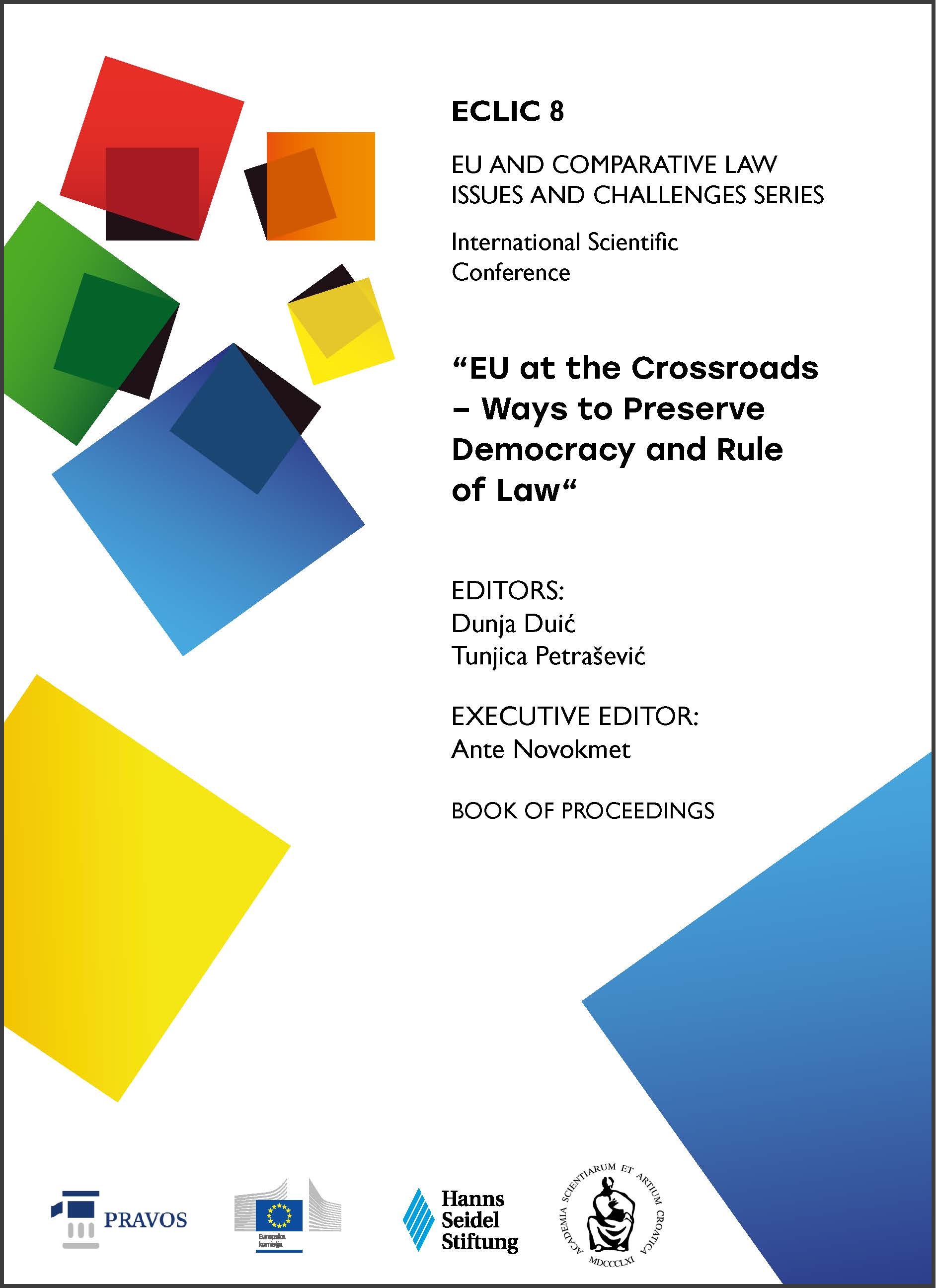FREQUENT EXTRAORDINARY PARLIAMENTARY ELECTIONS AS A THREAT TO THE RULE OF LAW IN SERBIA
DOI:
https://doi.org/10.25234/eclic/32277Abstract
In December 2023, another extraordinary parliamentary election was held in the Republic of Serbia, the fourth in the last decade. Serbia has held no less than thirteen general elections since the multiparty system was introduced in 1990, with only three of them not being extraordinary. The aftermath of almost every early election consisted of the same dominant political party staying on power. This implies that almost every extraordinary election aimed at political capitalization on the status of current executive power-holder. In addition, this type of election is often held simultaneously with local elections. This cannot easily be regarded as a welcome democratic procedure. Resorting to untimely dissolution of the National Assembly of the Republic of Serbia may be assessed as a tool of expressing the dominant position of the executive in relation to the National Assembly. According to the frontal provision of its Constitution, Serbia is based on the rule of law, and it is committed to European principles and values. Another constitutional provision clearly determines that the duration of the term of a legislature is four years. However, caretaker governments, with much restricted legitimacy, appear to have become an objectionable rule rather than an exception. It seems to be quite unusual for a candidate state for membership in the European Union to hold so many elections earlier than constitutionally scheduled. While the practice is not formally endangering Serbia’s negotiations with the EU, relevant reports presented by the European Commission, the OSCE, and the Venice Commission express concern in this regard. In one of the reports, adopted in December 2022, it is recommended that the Serbian Constitution should be interpreted in such a way that a legitimate limitation of periodical recourse to early elections is enabled. In this paper, method of comparative normative analysis of legal framework of extraordinary parliamentary elections held throughout Europe is used, as well as method of analyzing comments and recommendations of competent European political and legal authorities. After the introductory part, the survey of Serbian legal framework envisaging possibilities for dissolving the National Assembly is presented. This part is followed by the analysis of the history of early dissolutions of the National Assembly. In the fourth part, comments and recommendations on Serbian snap elections of various European bodies are examined. In conclusive part of the paper, normative suggestions are laid out in order to curtail the possibly unconstitutional practice of arbitrary dissolution of the National Assembly. These are coupled with recommendations aiming at fostering a stable practice of protecting full-term legislative periods from frequent obstructions by the executive branch of power, since opportunistic parliamentary election timing appear to represent an indirect assault on the rule of law and on the separation of powers in Serbia.
Downloads
Published
How to Cite
Issue
Section
License
Copyright (c) 2024 Vladimir Mikić

This work is licensed under a Creative Commons Attribution-NonCommercial 4.0 International License.
Authors retain the copyright on the papers published in the Journal, but grant the right of first publication to the Journal. Papers accepted for publication or already published in ECLIC of the Faculty of Law in Osijek may be published by the author(s) in other publications only with proper notice of its previous publication in ECLIC.


